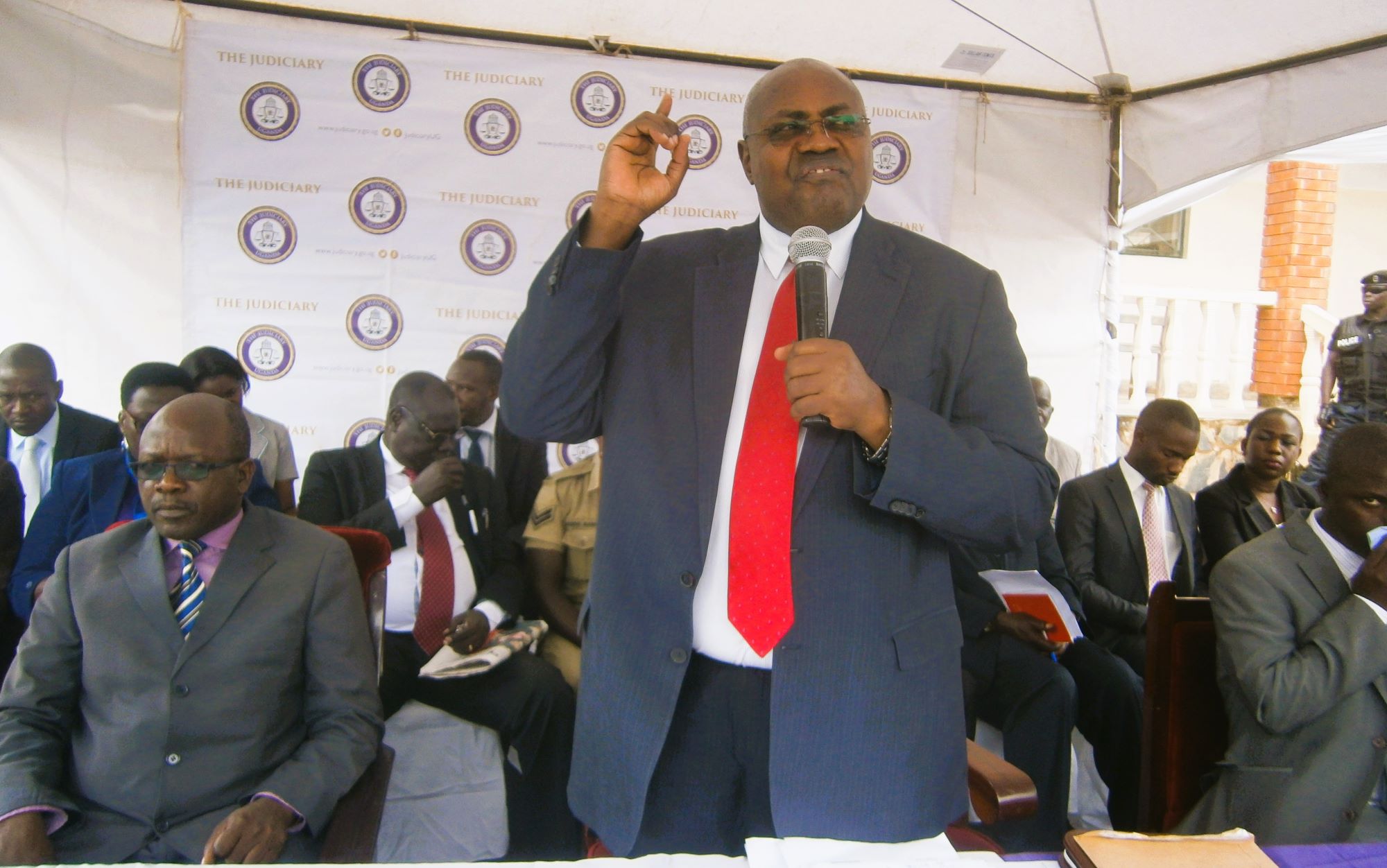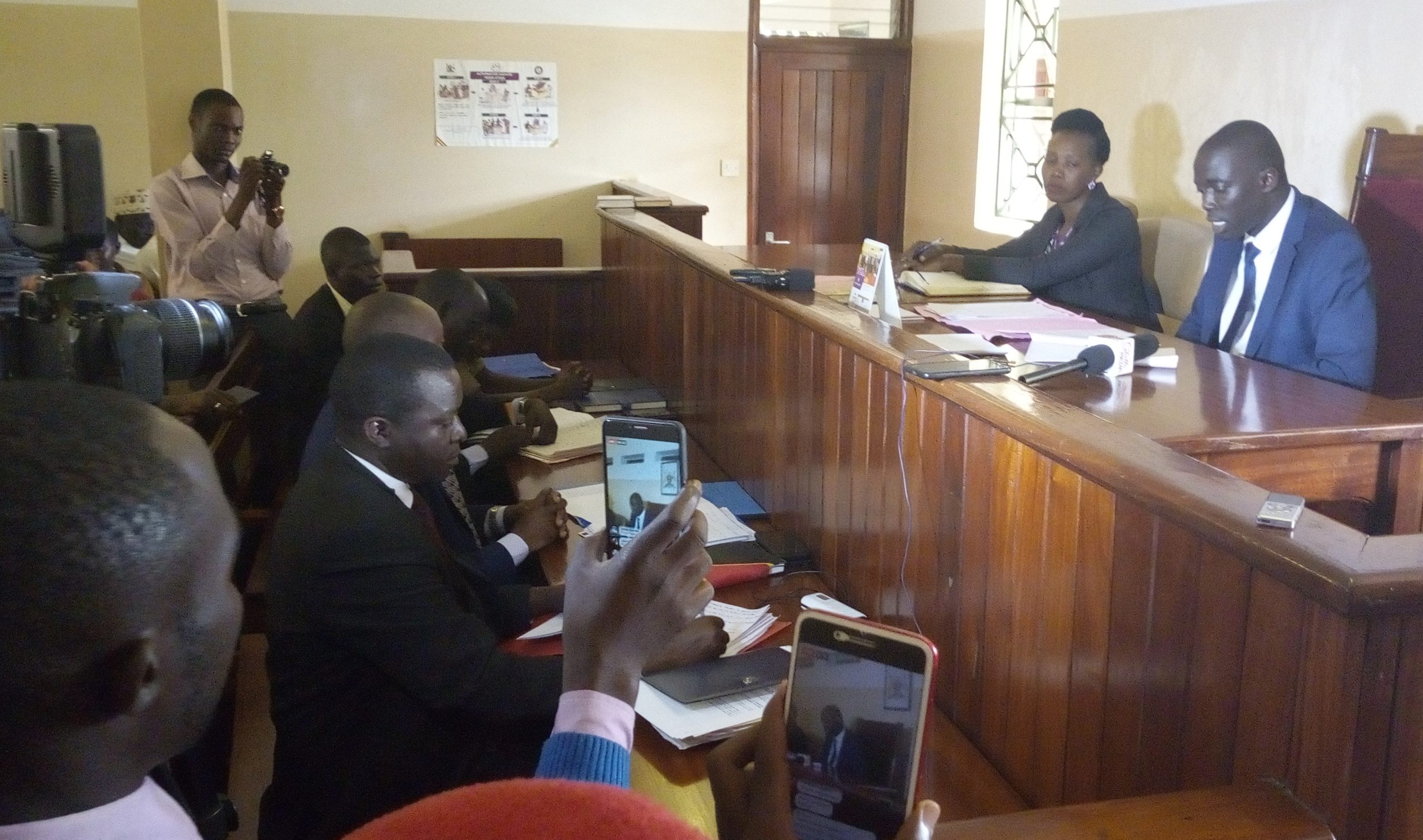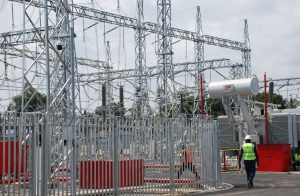How court mediation can help you
Highlights
- Mediation is a process in which an impartial third party helps two or more people to a dispute to reach an agreement in order to resolve their dispute.
- The judicature mediation rules 2013 provides for appointment of a mediator in court annexed mediations by the court or at the choice of the parties
By Peter Pacuto
In March 2020, the then Chief Justice Bart Katureebe issued a judicial circular that suppressed the full functionality of the judiciary due to the Covid 19 pandemic.
This implied that no cases would be heard, witnesses arraigned, and court hearings adjourned without notice and only allow partial court business to proceed limited to registration of new cases by the registrars and bail applications.
My mind has been tuned to the fact that numerous civil matters in courts all over the country including land disputes, accident claims, debt claims, family justice issues and the criminal cases pending criminal sessions would increase the case workload on our judicial officers once the lock down was over.
Objectively to say that these judicial officers will have to reschedule all court cases and give new hearing dates that will extend towards August 2021 for submissions and presentation of witnesses. What would be at the mind of these parties whose lawyers filed cases in 2019 is a serious standalone question in enhancing access to justice for all including the indigent in the post Covid 19 era.
Based on the previous judiciary score card 2018, it is important to note that Alternative Dispute Resolution (ADR) mechanisms such as Court Annexed Mediation, plea bargaining, negotiations, small claims are integral and should be fully supported as a general practice of law by the judiciary.
“I believe that these processes are standard practices that are widely used and will enable judicial officers to accord less time if cases have already gone through either of these stages aimed at resolving disputes out of the court precincts.”
The lawyers and advocates have an important building block to place in achieving justice, it is therefore their role to brief clients on the advantages of ADR and advise for use of mediation, adjudication, arbitration, negotiations, conciliation, plea bargaining and small claims courts that may be pursued prior to filing claims before the registrars at the courts. This will increase confidence in their practice as well as court processes.
What is mediation process?
Mediation is a process in which an impartial third party helps two or more people to a dispute to reach an agreement in order to resolve their dispute. This is done through gaining the trust of the parties and facilitating discussions between the parties which involves negotiation and compromise. The mediator has no stake in the outcome and has no power to make a decision.
The judicature mediation rules 2013 provides for appointment of a mediator in court annexed mediations by the court or at the choice of the parties. A mediator may be a lawyer, religious leader or a professional person as per the provisions of the mediation rules.
What you need to know
Both parties have a cordial discussion guided by the mediator aimed at finding workable solutions to the dispute. Mediator may caucus with each party at a time to get credible balance of views that expressed for considerations. Lawyers may attend the mediation sessions with the purpose of guiding their clients on the mediation processes and may also sign settlements of behalf of their clients.
“Mediation settlement agreement is signed where parties have agreed on all or part of the issues for resolution. Court considers such mediation settlement agreements as part of the case settlement and forms part of the judgment.”
Where parties have not agreed during the mediation, matter is referred back to the court for conference scheduling and hearing dates are arranged for court processes to resume.

Alternative dispute mechanism
Negotiations: these are informal discussions between the parties in a dispute on how their dispute can be resolved without including third parties. Negotiations involve proposals from either party on how to amicably settle the dispute aimed at a win -win situation for both parties which will relieve you from the litigation processes of court.
Adjudications: most engineering and construction disputes in Uganda are settled before an adjudicator appointment by the Uganda Institution of Professional Engineers (UIPE). This is a professional engineer with training in handling construction disputes and FIDIC contracts. Cases at adjudication only take a period of 28 days and an award is issued, for disputes between a client and the contractor, adjudication will help reduce the time that you would have spent in court compared to having the claim filed before an adjudicator.
Arbitration: filing of arbitration cases is entirely based on the dispute resolution clause embedded in the contract agreement or memorandum of understanding that had previously been signed at the execution of the contract.
Disputes arising from non- compliance of a party to the contract can be filed at Center for Arbitration and Dispute Resolution (CADER), International Center for Arbitration and Mediation in Kampala (ICAMEK) or any other institution provided for in the contract document.
It is important to note that arbitration clauses should be drafted carefully to avoid technicalities at the time of a dispute. I would like to emphasize that arbitration awards are final, and consideration should be given to the seat of the arbitration and enforcement of awards is a matter that should be well understood.
Am sure if these processes are given attention, limited number of cases will be registered in the courts post Covid 19 which will allow judicial officer to ably handle the cases at hand thus supporting the full functionality of the court system.
The writer is a Court Accredited Mediator and Legal Manager at West Nile Mediation Center.
Email: Pacutopeter@gmail.com
Mob: +256-782-285883














Post Comment